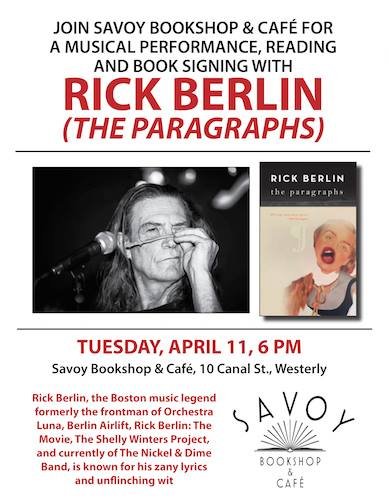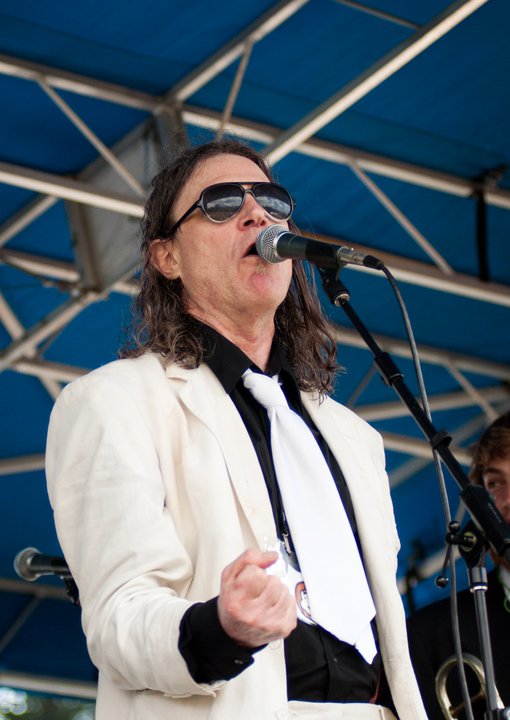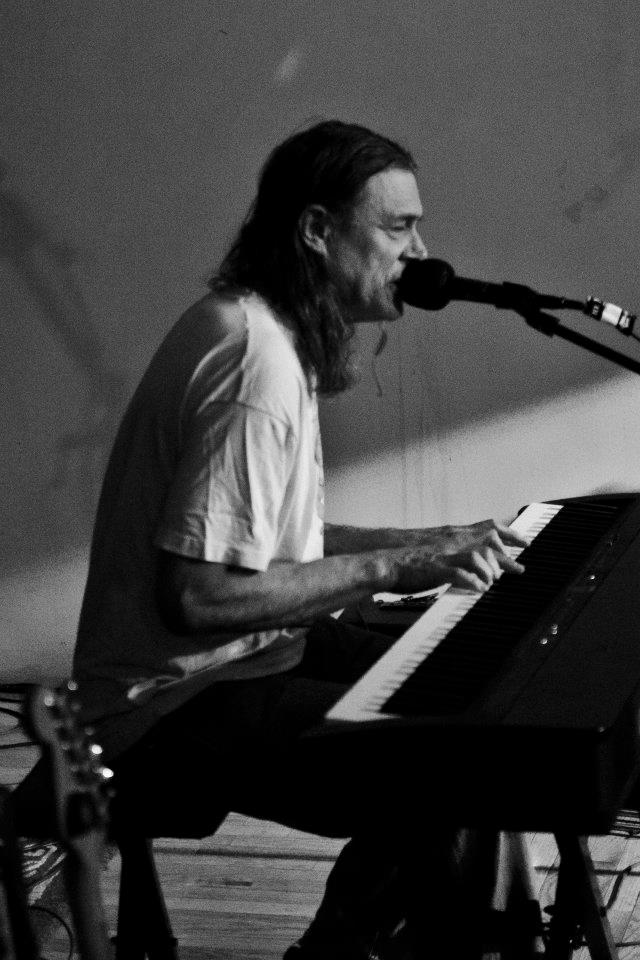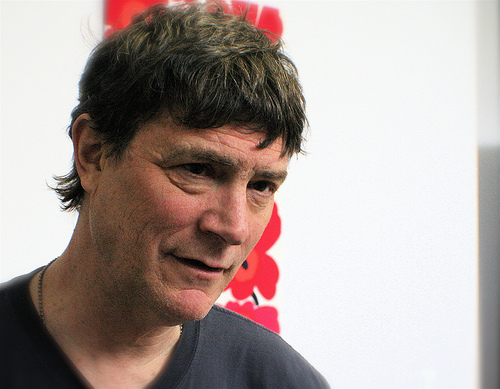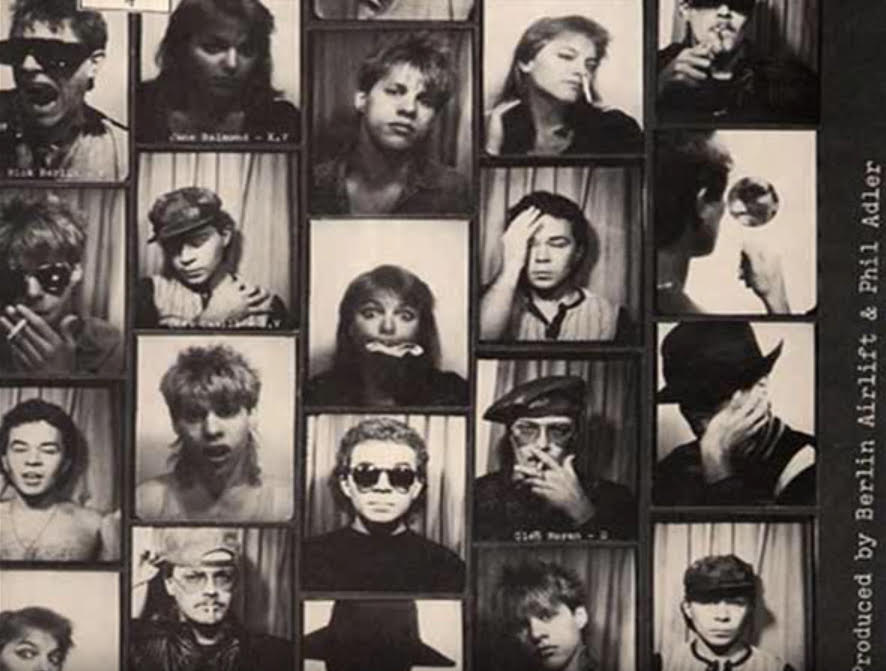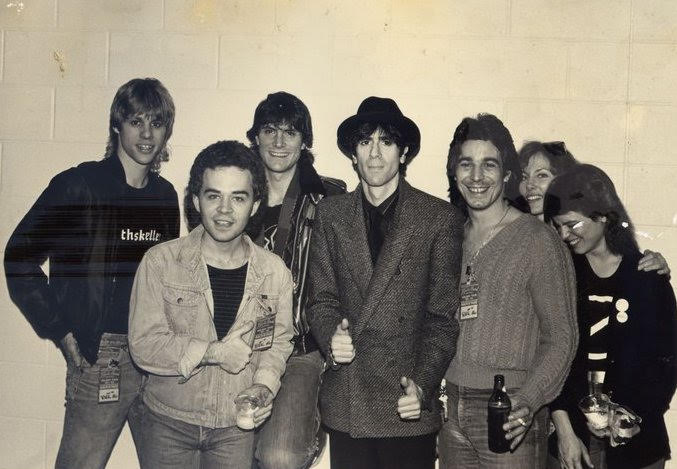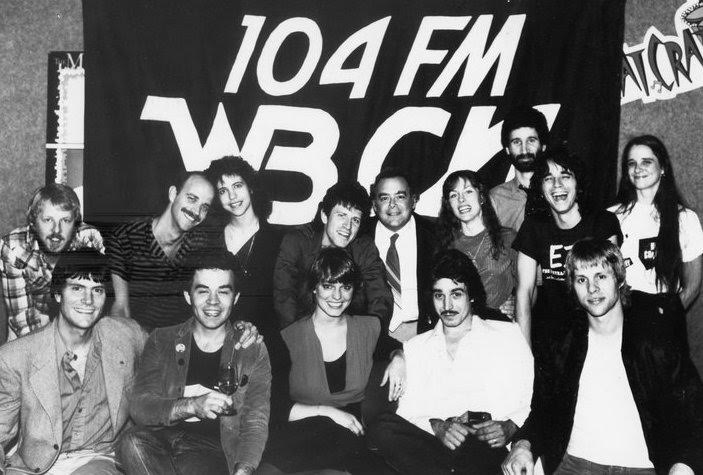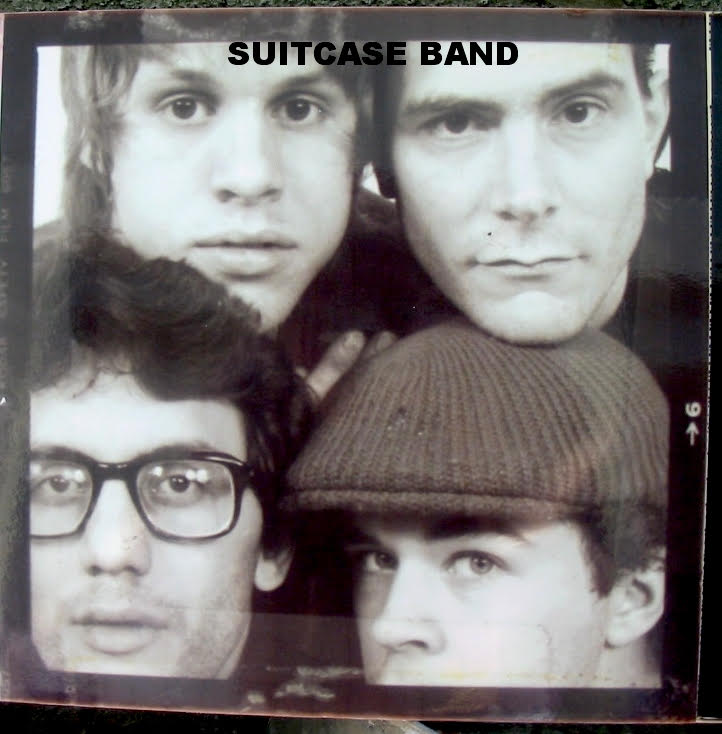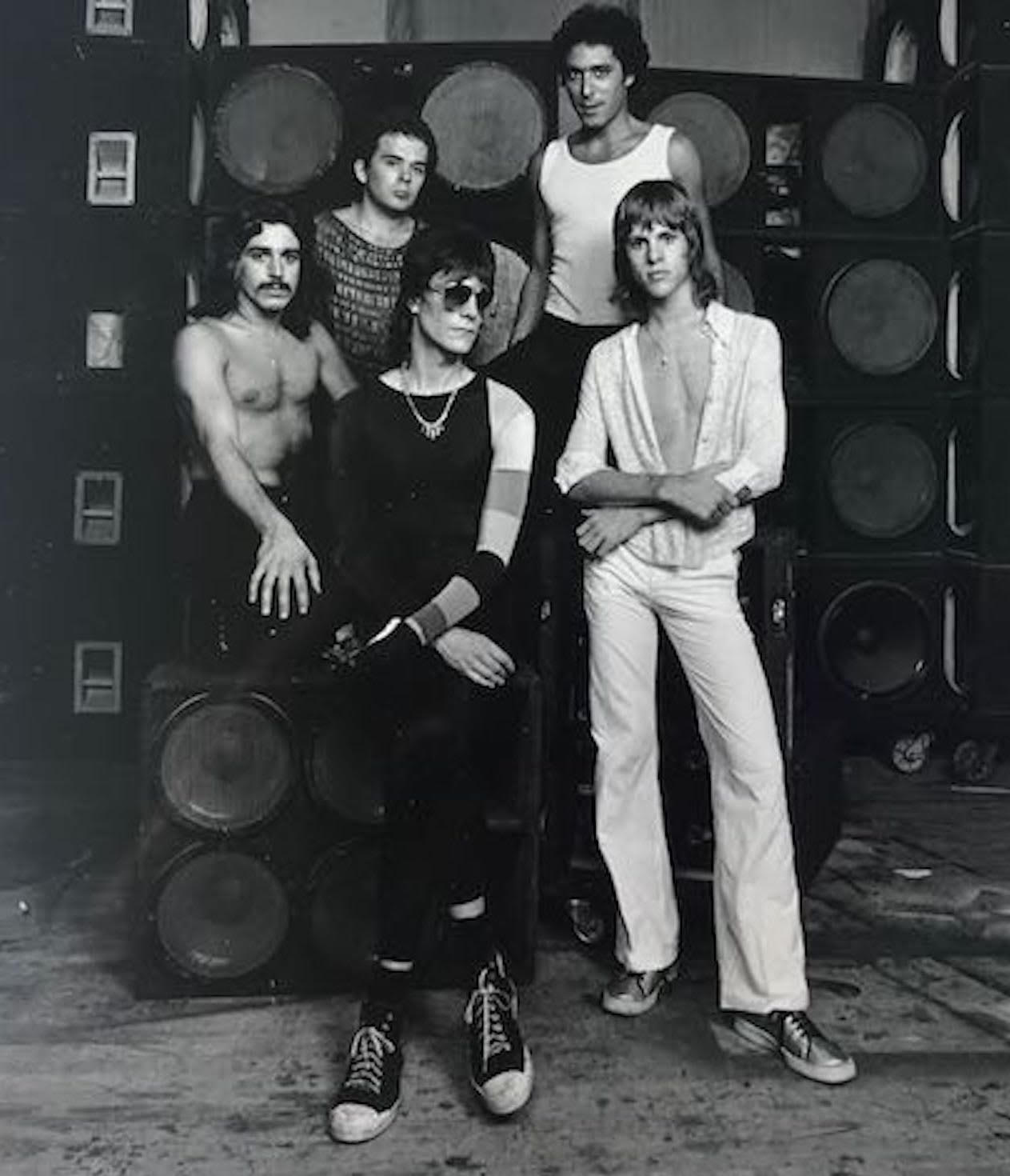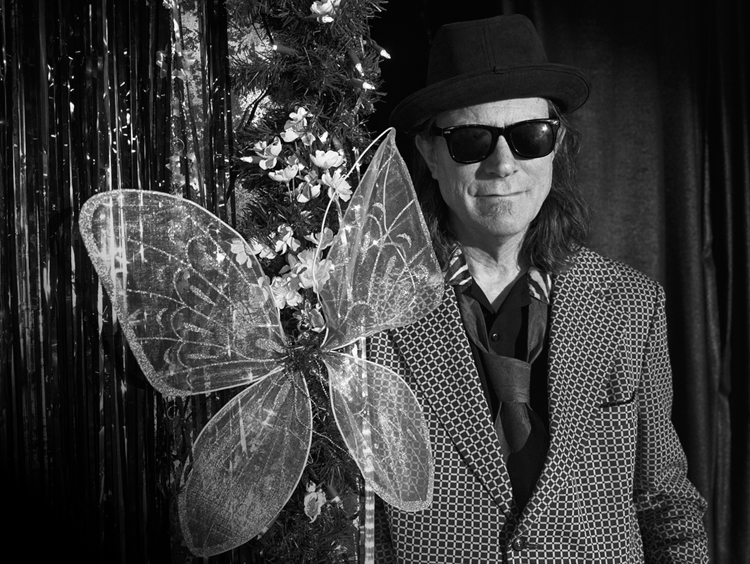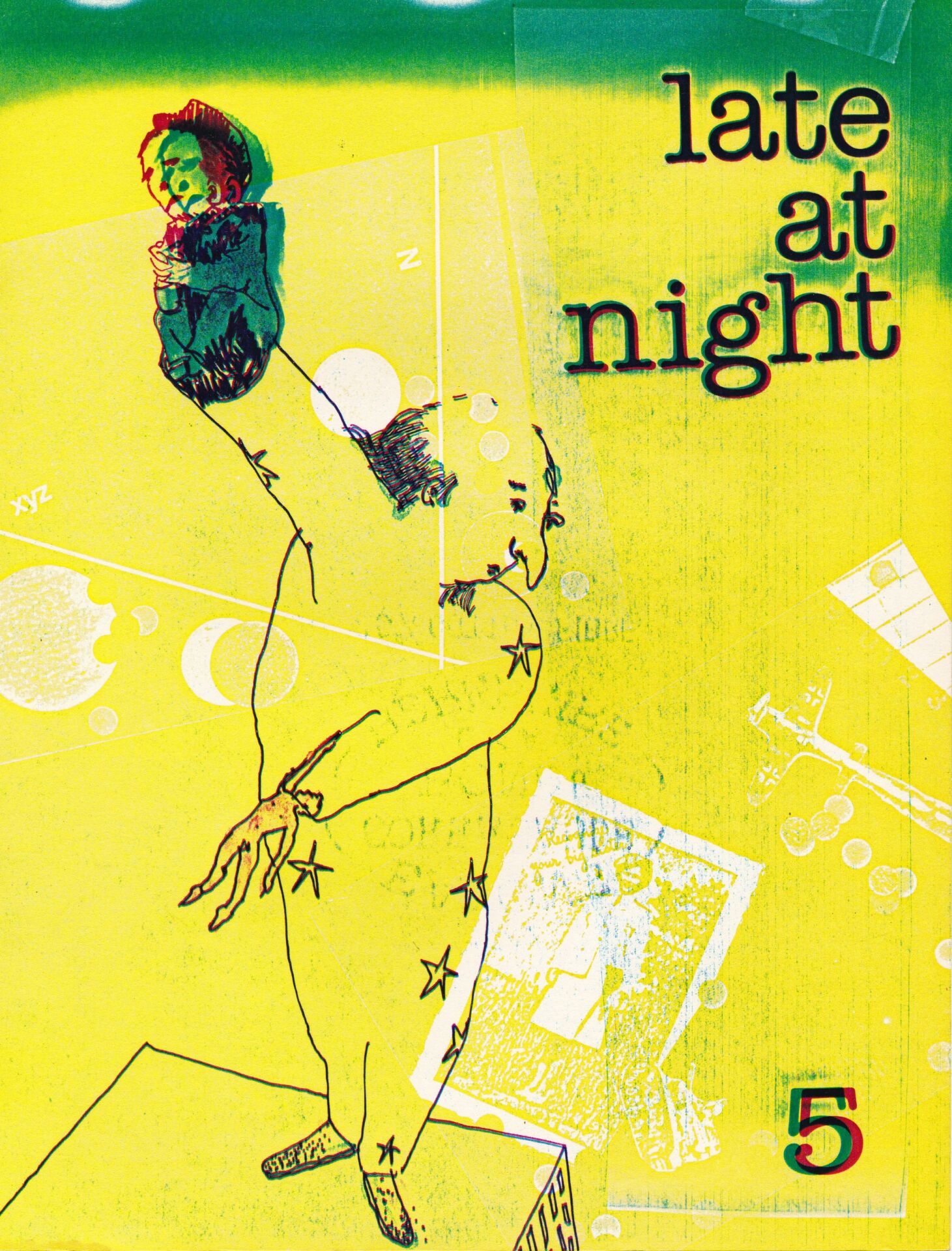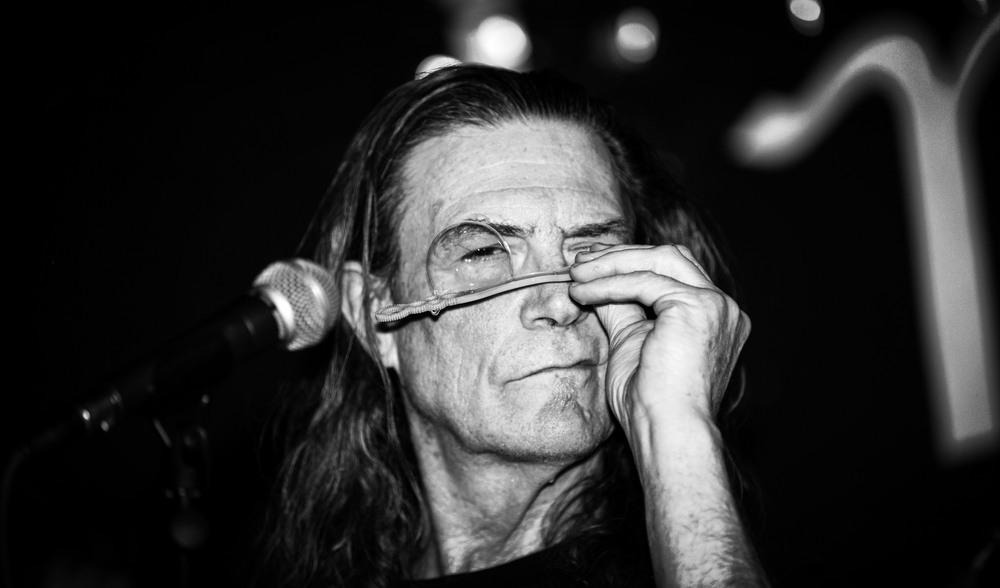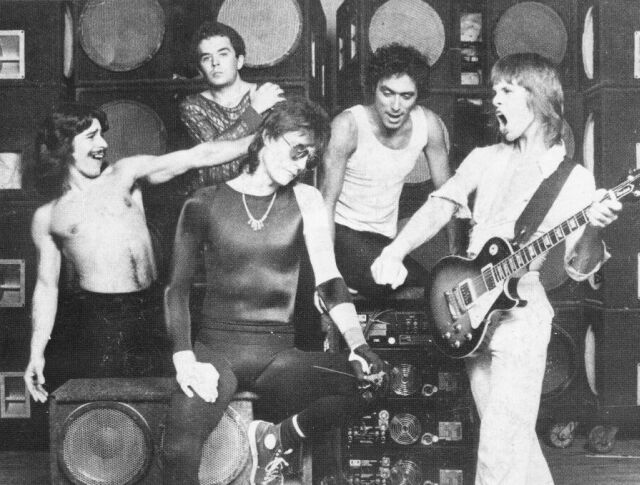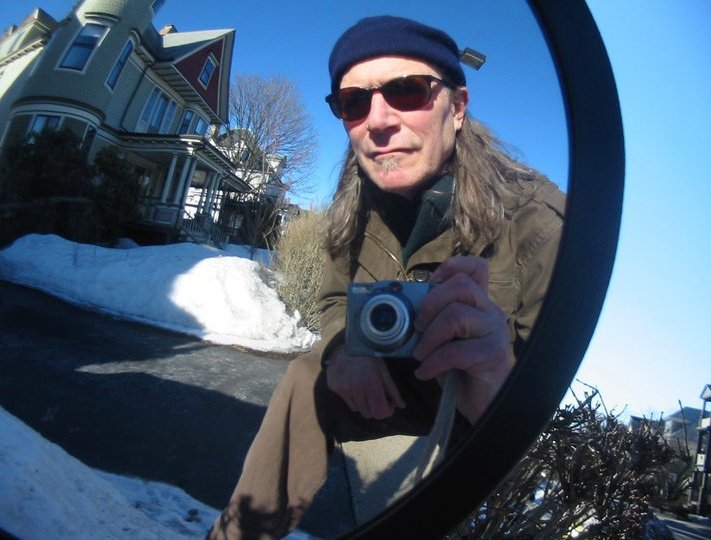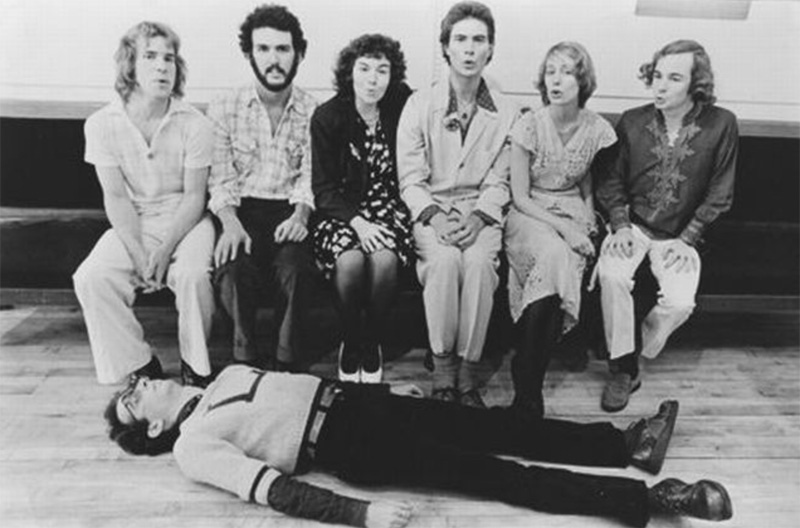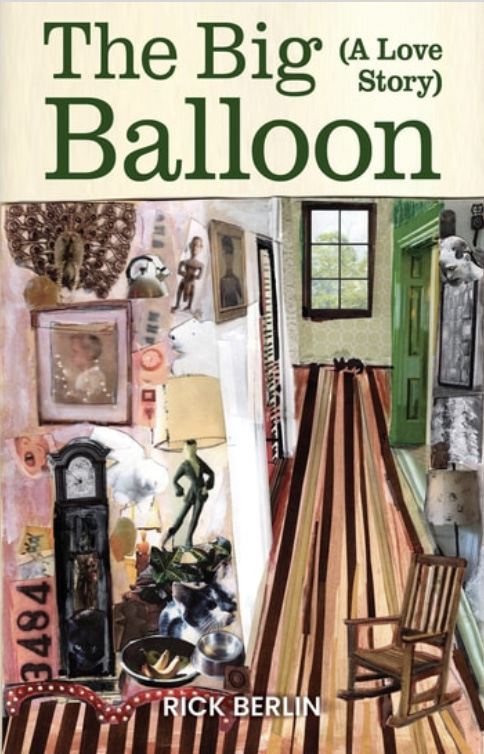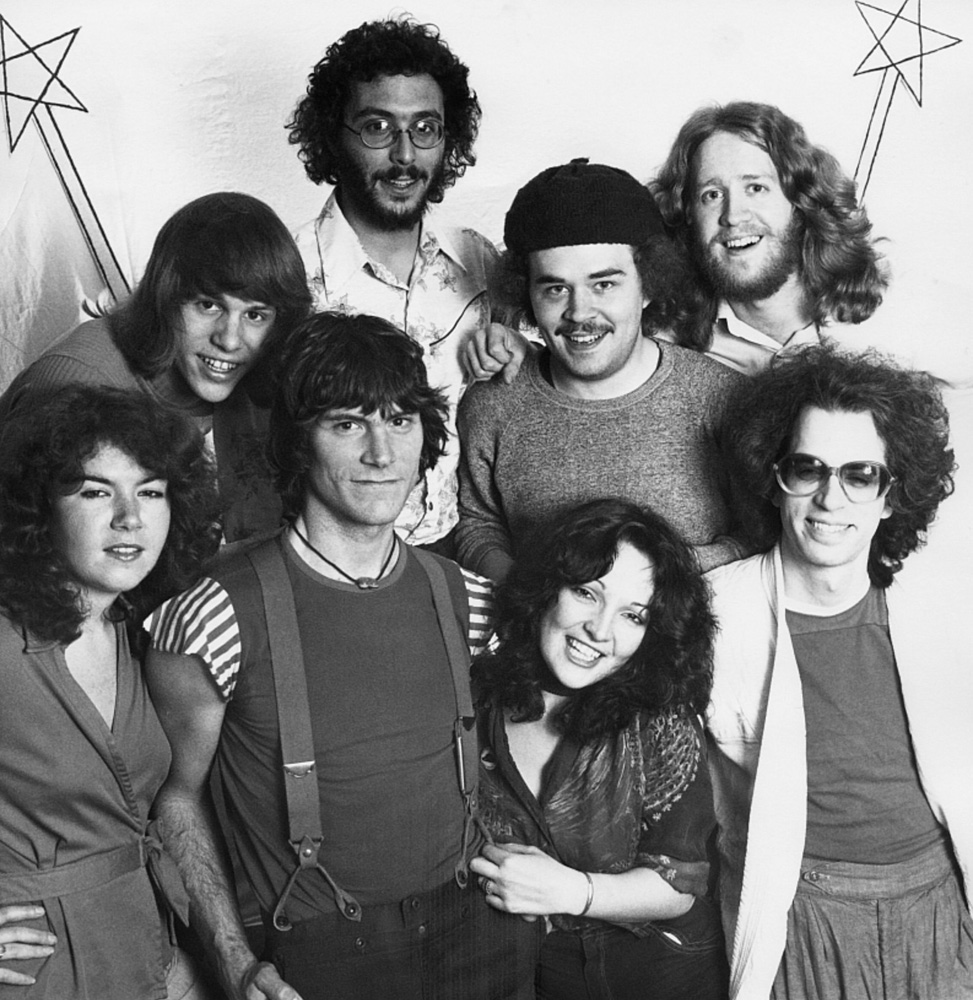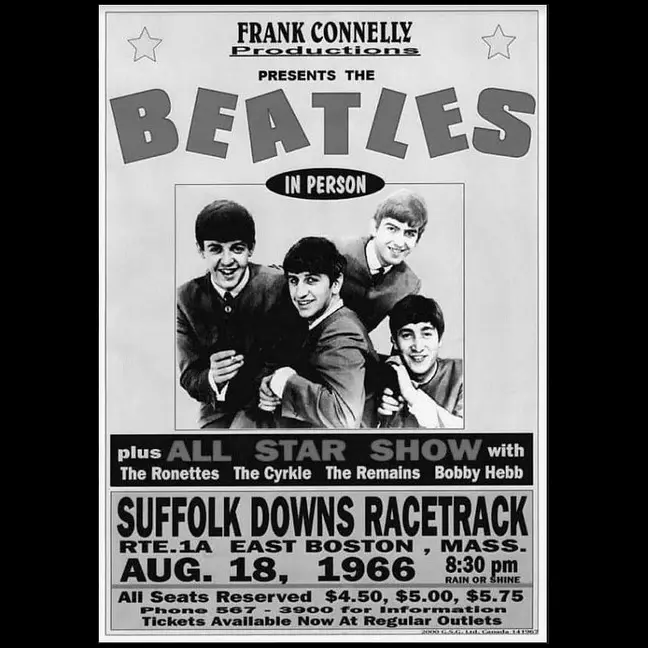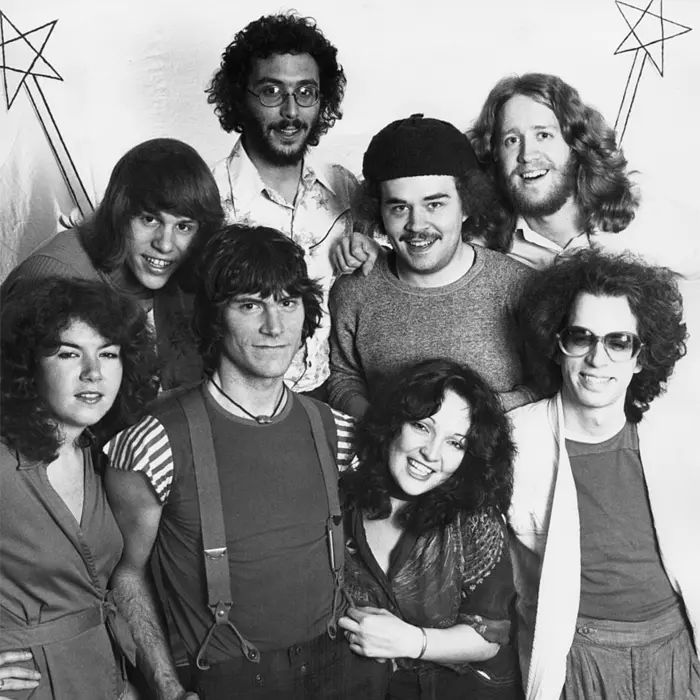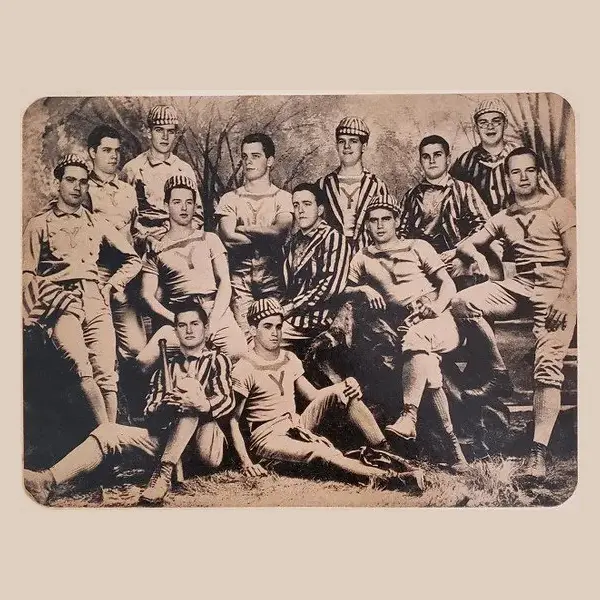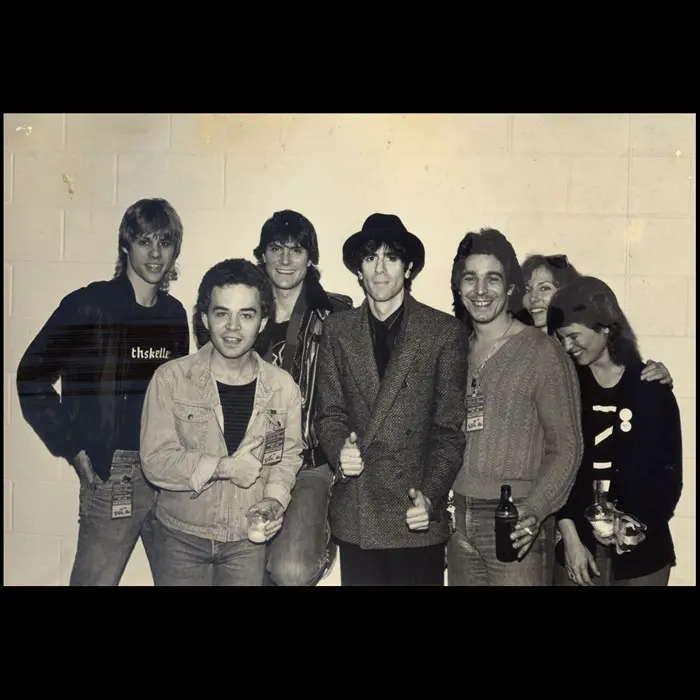Rick Berlin
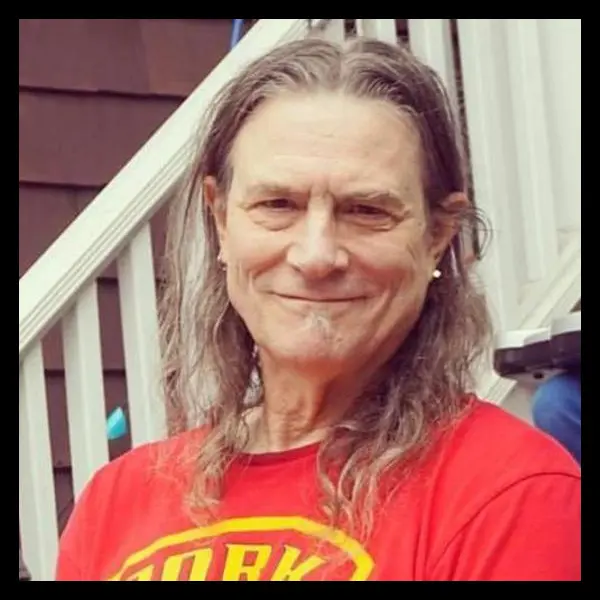
Singer-composer-pianist-rock bon vivant Rick Berlin, a longtime fixture on the Boston-Jamaica Plain scene, began his musical education under the tutelage of his father, who always played jazz and classical records at home and regularly took young Berlin to see musicals. It wasn’t till his senior year at Yale – where he sang with the a cappella group The Whiffenpoofs – that he got into Dylan, The Beatles and the practice of dropping acid, going up into a school tower, and playing piano for hours.
In 1970, he hitchhiked to and settled in Boston, landed a job working with juvenile delinquents, bought a piano and was “discovered” by entrepreneur Harry Bee, through whom Berlin put together Orchestra Luna (initially with his sister Lisa) and landed a deal with Epic Records. The group, which Berlin refers to as “a peculiar band,” played their first gig at the Boston drag bar The Other Side and their first local hit was the bizarre, complicated, poppy and choreographed “Doris Dreams.”
Orchestra Luna eventually morphed into Orchestra Luna 2 and, in Berlin’s own words, became “more professional.” They turned down an opportunity to sign with Sire Records, shortened their name to Luna and changed their style into progressive rock, concentrating more on the music than the choreography. After Luna, Berlin formed The Suitcase Band (in which Barry Marshall actually played suitcases), then Berlin Airlift, for which he wrote the kind of pop songs that WBCN regularly played during late-afternoon drive time. Though Berlin wanted to call his next band Hercules the Movie, it ended up as Rick Berlin the Movie and choreography was back. This was followed by a brief period of solo work, with Berlin accompanying himself on piano, a variety show series called Marlene Loses It at The Lizard, and The Shelley Winters Project.
Berlin continues to do solo work today, but he also sings with the horn-driven Nickel & Dime Band. His latest album is Paper Airplane and he hopes to stage his long-gestating musical “The Kingdom” at some point in the future. “I rarely have a fallow period,” he says of his songwriting. ”I know how the ebb and flow works with me, so that I never worry about it. Then there’s another burst of songs, and then another period.”
(by Ed Symkus)


